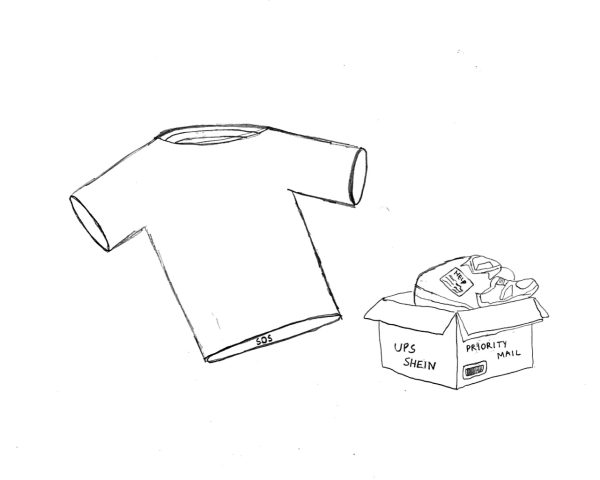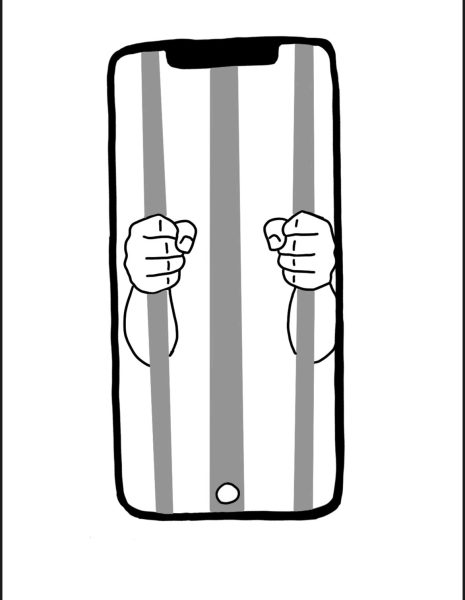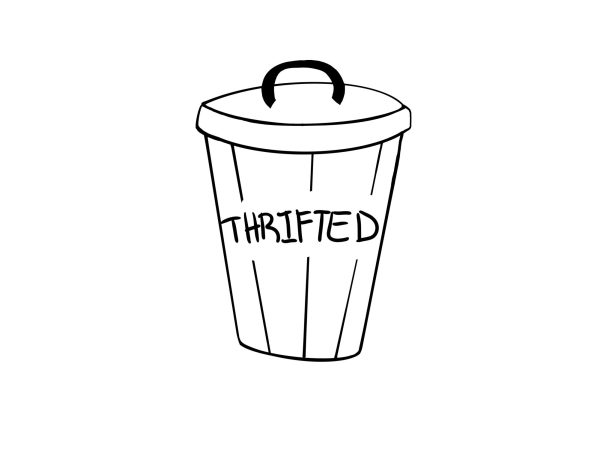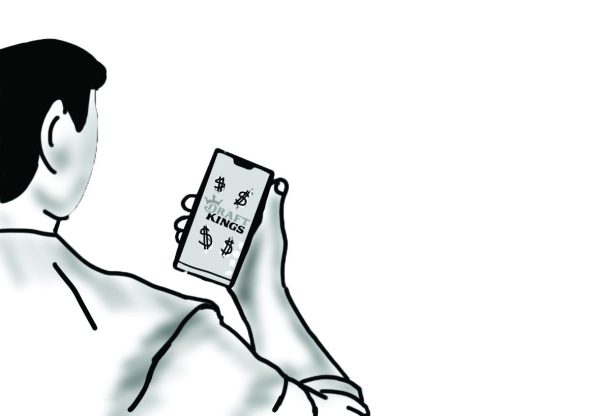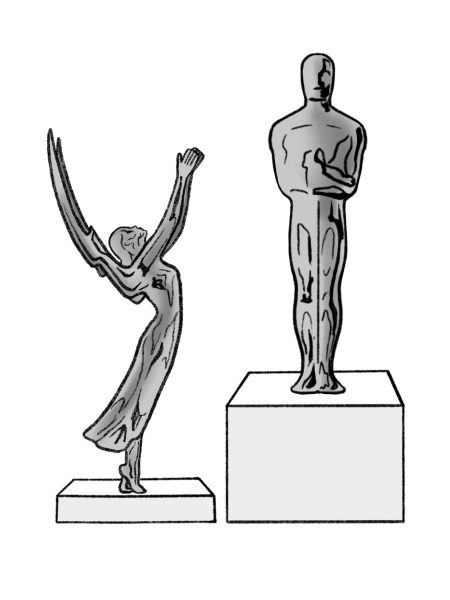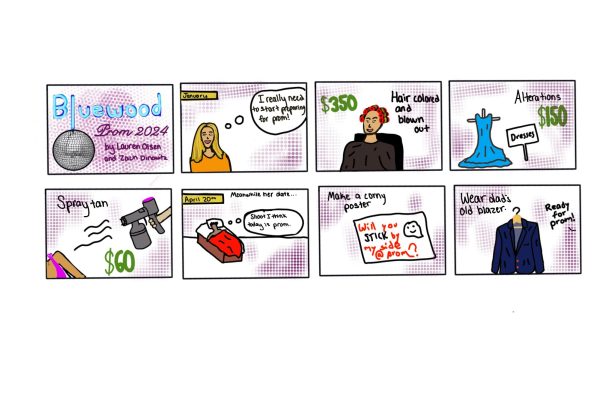It is literally impossible to separate the art from the (art)ist
October 28, 2021

When the documentary, “Finding Neverland,” was released in 2019, it revealed that singer-songwriter and musical icon, Michael Jackson, had a long history of pedophilia and sexual misconduct. The documentary was intended to challenge the public’s perception of the proclaimed “King of Pop,” by sharing the traumatic events and stories of Jackson’s victims. After the documentary debuted, however, Jackson’s income and reputation experienced little to no harm. Annual streaming of Jackson’s albums, on platforms such as Spotify and Apple Music, never declined, and although he had slightly fewer radio appearances, on-demand streams of his music actually increased by 22.1 percent.
The expression, “separate the art from the artist,” has become a common phrase people use to defend their support for an artist with a history of offensive or illegal actions. However, this phrase is not a proper justification, as artists often choose not to separate themselves from their art. An artist often sells their persona along with their music. Continuing to buy their music and support their careers, fans validate the artist’s criminal behaviors, simultaneously silencing victims.
American musician, Ye, formerly known as Kanye West, has cultivated a brand known to ignite controversy. Consequently, his listeners experience an internal dilemma when choosing to support Ye. In 2016, Ye released “Famous,” peaking at number two on the Billboard charts, sustaining that spot for two weeks.. The song’s music video contains one of Ye’s most appalling moments in his career: placing naked wax figures of Rihanna and Chris Brown next to one another, in spite of the fact that Brown had physically assaulted her in their past relationship.
Although Ye apologized to some of the artists involved, excluding Rihanna, he has continued to promote the video and reinforce his offensive and disturbing beliefs through social media platforms, including Twitter. On multiple occasions, Ye has demonstrated support for celebrities with a criminal past. Bill Cosby, an actor and comedian, was recently released after three years in prison for drugging and sexually assaulting former basketball star, Andrea Constand. Despite more than 50 accusations of misconduct from other women against Cosby in 2016, Ye tweeted, “Bill Cosby is innocent.”
Celebrities have significant influence, especially among youth listeners. An article by Boston’s national public radio news station (WBUR) stated that we are responsible for fueling celebrity influence. According to WUBR, “our perception of art is shaped by who society celebrates and who it silences.” Any public figure that we as a society choose to endorse can have a significant impact on the beliefs and actions of later generations. Even if we never explicitly claim to support artists who promote offensive content, ultimately, every time we choose to listen to an artist’s music, we are essentially promoting their brand.
Instead of encouraging problematic celebrities like Ye and Jackson, we should strive to honor their victims who have been silenced along the way. The increase in Jackson’s fandom resulting from “Finding Neverland” represents a complete lack of acknowledgment of, and respect for, his victims.
Some might argue that musicians should be judged solely on their sound and self-expression. However, regardless of the freedom that comes with music as a creative outlet, artists need to be held accountable for their illegal or offensive actions. Many celebrity controversies were appropriately addressed by the public in 2020, with some artists being “canceled” because of previous actions that were brought to light through social media. Unfortunately, these celebrities, including Jackson, experienced only minor consequences. In Jackson’s case, radios in the U.S. have been more cautious about airing his music, and stations in Canada and New Zealand have stopped playing his music altogether. Although a small step in the right direction, this does not fully address the problem or take into account other opportunities that allow his influence to grow. After the social media backlash, Jackson still had nearly 24 million monthly listeners on Spotify in 2020. Even with the release of the documentary, his income totaled 48 million dollars last year.
In order to avoid endorsing celebrity influence among those who have committed reprehensible crimes, we need to be more cautious with our choices around celebrity fandom and clearer in our boundaries around what is considered acceptable behavior. By fostering a culture that justifies and excuses the actions of powerful and influential figures, we make it more difficult for their victims to attain dignity and justice in our society.









